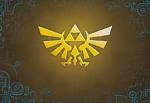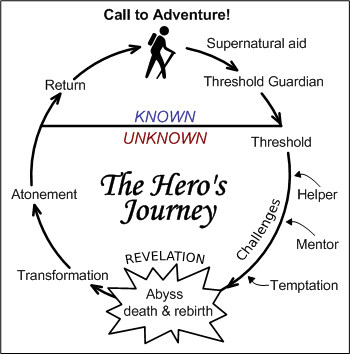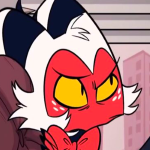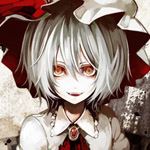So after working on the ROSEMASTER these past few days. I'm been working really hard on what the story is going to be. but I have a question for you guys, what do you think makes a great story for a quest? And what makes it well executed in a quest? Keep in mind that the answer to this is all opinionated. I'm not looking for a right answer at all, just your input.
I say this because I've definitely started to see that the current quest I'm working is going to be extremely story focused. Lots of cutscenes, all (or so I hope) serve a purpose in one way or another. Safe to say, it's the most story focused quest you'll see in a long time when it gets released. I'd like to see other people's opinions on story driven quests and what they like about it so that I can maybe implement some of the ideas into my quest.
Regarding the quest, I'm only halfway through it and already have close to 3000 strings. (Although most of the text is through optional NPC dialogue.)
I'm just working my quest's story and well, while it's nice to have direct feedback, I really don't want to spoil anything either. So I think asking the bolded question here would make for a great compromise. With your answer try to keep it as broad as the question trying to ask you. No need to get into the specifics of my quest. I'm trying to make this topic a tip for all creators who want to make a story focused quest. Not just for me.
I think I've come up with an answer for my question too.
When I made my Glory Squad Quest, one of the reviews talks about how the quest's story was rather flawed and how it could be fixed through more developed characters and villains. I really like that review I had, it helped me grow and realize how much better I can make the story. I've come to work hard on making all my characters more 3 dimensional in my ROSEMASTER quest as a result. And hope this would greatly improve the story. This leads to my answer on how a quest makes for a great story. Characters have to serve a purpose. They have to make the player feel something about them. Angry, likable, unlikable. Just something other than a role to fill.
Of course any great story won't be enough to save a quest if it isn't well executed. How exactly can you implement a story into a quest? I personally think huge exposition dumps like for example, at the end of every dungeon is bad story telling. If the quest is truly story driven I would suggest having cutscenes and expositions spread out to other unexpected places, like in a middle of a dungeon, or just in a middle of town.
This however leads to another problem. Too much cutscenes can seriously drag the quest to tedious levels, especially if they're unskippable (which most are) or if they're before a hard boss that may require the player to see them again if they lose. I say this with the fact that my recent quests are also guilty of this. I'm sure some people may not mind the cutscenes, especially if they are playing a story driven quest in the first place and should expect stuff like this. But it would be nice to make so that it produces as few tedious moments as possible. There's not much solution I can really find other than spread out the exposition and give the players time to control themselves every now and then.
















